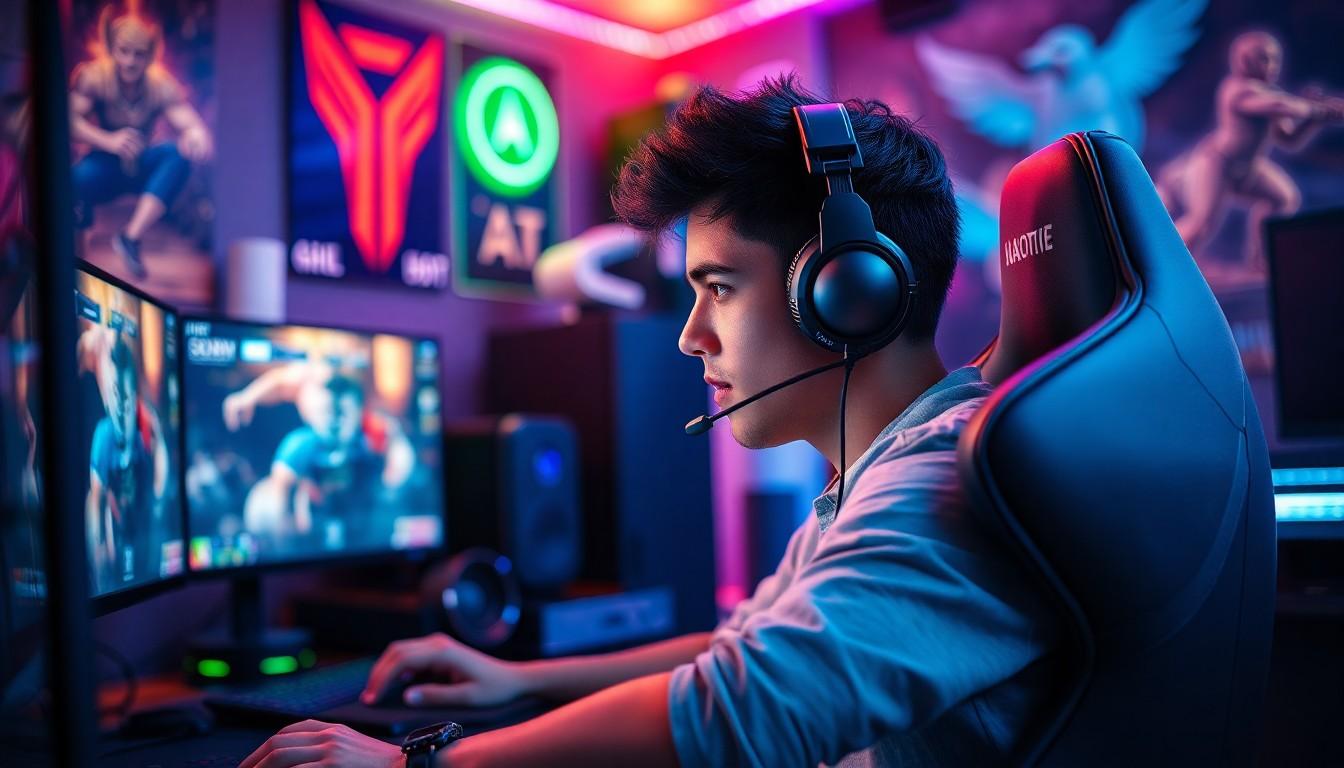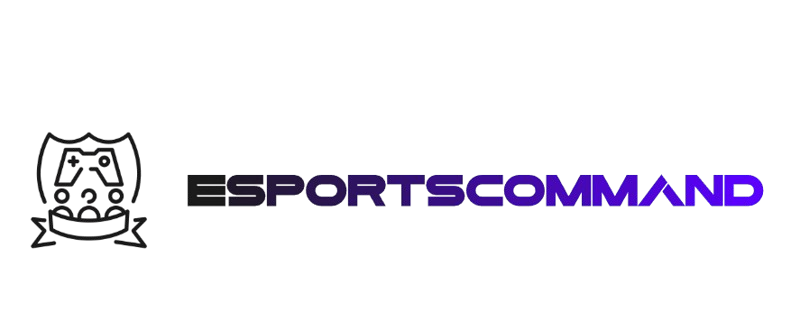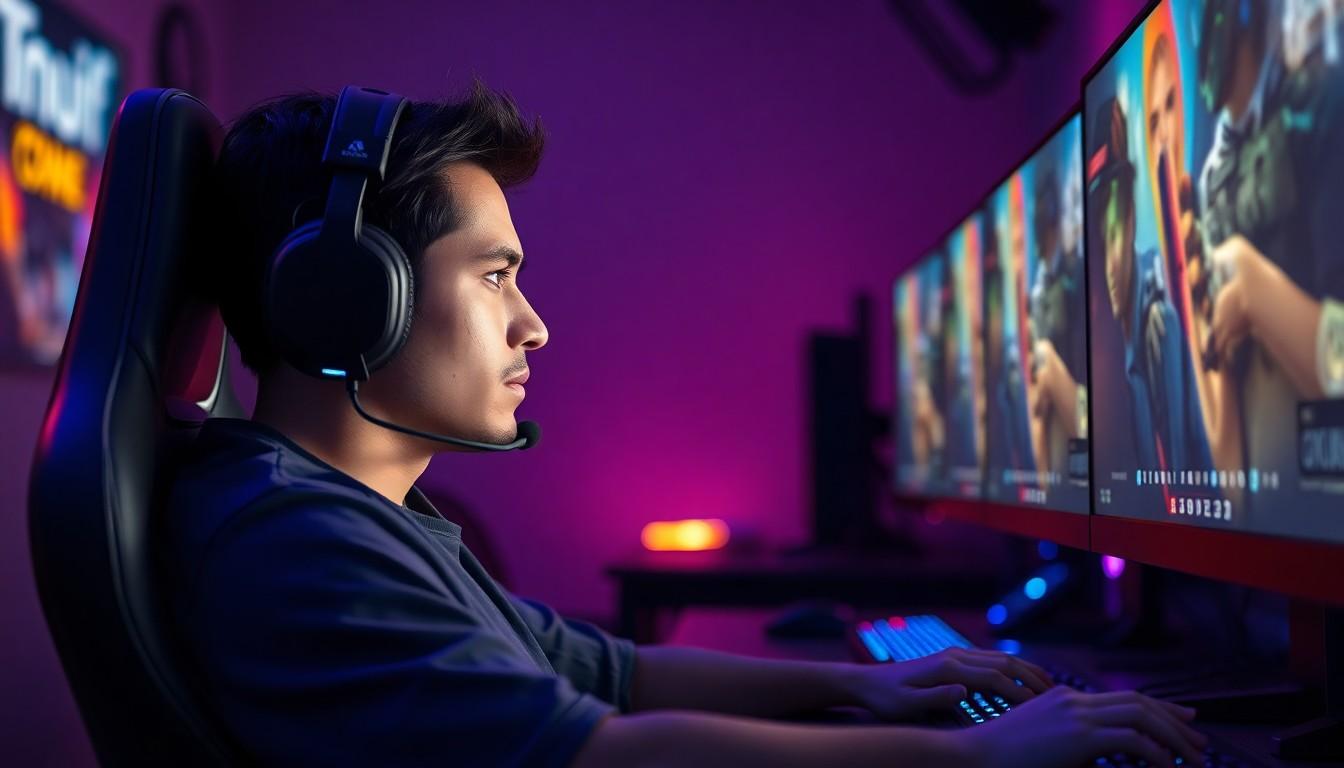In a world where video games have gone from basement pastimes to billion-dollar industries, professional gamers are the rock stars of the digital age. They trade in their day jobs for headsets and high scores, proving that sitting on the couch can actually pay off—who knew? With skills that rival Olympic athletes, these gamers dive into virtual arenas, battling for glory and cash prizes that make most of us green with envy.
Professional Gamers
Professional gamers compete at high levels in various esports. Skills in strategy, quick reflexes, and teamwork define their success. Dedicated practice sessions often exceed several hours daily, honing their abilities. Competitions attract large audiences both in-person and online, creating fan engagement.
Major tournaments feature substantial cash prizes, sometimes exceeding $30 million. Players represent gaming organizations, often gaining sponsorships from brands in gaming and technology. Platforms like Twitch and YouTube enable gamers to reach audiences, increasing their visibility.
Streaming gameplay has become a viable career path. Many gamers garner followers, leading to lucrative streaming contracts. Viewers enjoy live interactions, creating a community around the players and their content.
Game genres such as first-person shooters, multiplayer online battle arenas, and real-time strategy games dominate the esports scene. Each genre showcases unique skill sets, attracting diverse player bases. Teams often commit to rigorous training schedules, participating in boot camps to refine coordination.
Professional gamers also prioritize mental health. Coaches or sports psychologists support gamers in managing stress and maintaining focus. Mental resilience proves crucial in high-pressure tournaments.
The gaming industry continues to evolve, incorporating emerging technologies and trends. Virtual reality and augmented reality games gain popularity, broadening opportunities. As society embraces esports, professional gamers solidify their status as modern icons.
Skills Required To Become A Professional Gamer

Professional gamers demonstrate a range of skills essential for success in the competitive gaming landscape. These skills encompass strategy, mechanics, and mental resilience.
Game Strategy And Tactics
Developing effective game strategies and tactics remains crucial for professional gamers. Strategic thinking enables players to analyze opponents’ moves and predict their actions. Adapting tactics based on the game’s evolving circumstances becomes vital during matches. Mastering positioning and map awareness enhances a player’s ability to make informed decisions. Furthermore, collaboration with teammates fosters coordinated efforts, allowing teams to capitalize on enemy weaknesses. Understanding each game mode’s dynamics ensures that players can optimize their gameplay for specific objectives.
Technical Skills And Game Mechanics
Exhibiting strong technical skills and game mechanics significantly impacts a professional gamer’s performance. Mastery of in-game controls allows players to execute complex maneuvers with precision and speed. Reflexes play a critical role, as quick responses can make the difference between victory and defeat. Players must familiarize themselves with various game mechanics, from shooting techniques in first-person shooters to micromanagement in real-time strategy games. Additionally, maintaining awareness of character abilities, cooldowns, and weapon statistics contributes to a comprehensive gameplay understanding. Regular practice and analysis of gameplay footage facilitate continuous improvement in technical execution.
The Life Of A Professional Gamer
Professional gamers lead a demanding lifestyle, characterized by rigorous practice schedules and the need to stay competitive in an ever-evolving industry. They navigate both the intricacies of gaming and the pressures of public performance.
Training Routines And Practice
Consistent practice defines the daily lives of professional gamers. Players often dedicate eight to twelve hours each day honing their skills in various games. Needing to master techniques, they engage in focused drills that enhance their mechanics and reflexes. Regularly analyzing gameplay footage helps identify strengths and weaknesses. Joining boot camps offers concentrated training alongside peers, fostering teamwork and strategy development. Prioritizing mental conditioning, many also incorporate routines that build focus and resilience.
Balancing Gaming And Personal Life
Achieving a balance between gaming and personal life presents challenges for professional gamers. Competing requires significant commitment, yet gamers must also maintain relationships and personal well-being. Scheduling time for family and friends promotes a healthier lifestyle. Including breaks in their routine helps avoid burnout and exhaustion. Mental health professionals often assist in managing stress levels associated with competitive gaming. Gamers find hobbies outside of gaming to enrich their lives beyond the screen.
The Esports Industry
The esports industry represents a dynamic segment of the global entertainment market, merging gaming passion with significant financial opportunities.
Sponsorships And Financial Aspects
Sponsorships play a pivotal role in the financial ecosystem of esports. Brands invest in professional gamers and teams to gain exposure to dedicated gaming audiences. Contracts often include financial support, merchandise promotions, and event appearances. Prize pools at major tournaments can exceed $30 million, attracting top-tier players and organizations. Revenue streams also extend to merchandise sales and subscription models on platforms like Twitch. Gamers securing sponsorships effectively enhance their earning potential, ensuring they can focus on competitive play and personal brand development.
Community And Audience Engagement
Community engagement forms the backbone of the esports experience. Gamers build dedicated fan bases through streaming platforms where viewers interact directly during gameplay. The chat features on platforms like Twitch foster real-time communication, allowing fans to engage with players and influencers. Tournaments garner massive online viewership, with millions tuning in to watch live competitions. Many professional gamers participate in social media discussions, creating communities around their streams and gaming content. This engagement cultivates loyalty and facilitates connections, turning casual viewers into dedicated followers and aspiring players.
The Transformation of professional gaming
The world of professional gaming has transformed dramatically over the years. Gamers have not only achieved celebrity status but have also carved out lucrative careers in an industry that continues to grow. Their commitment to honing skills and developing strategies showcases a level of dedication comparable to traditional sports.
As technology advances and esports gain further popularity, professional gamers are likely to remain at the forefront of entertainment. With the support of sponsorships and community engagement, they’re redefining what it means to be an athlete in the digital age. The future looks bright for those who dare to pursue their passion in this exciting and ever-evolving field.

